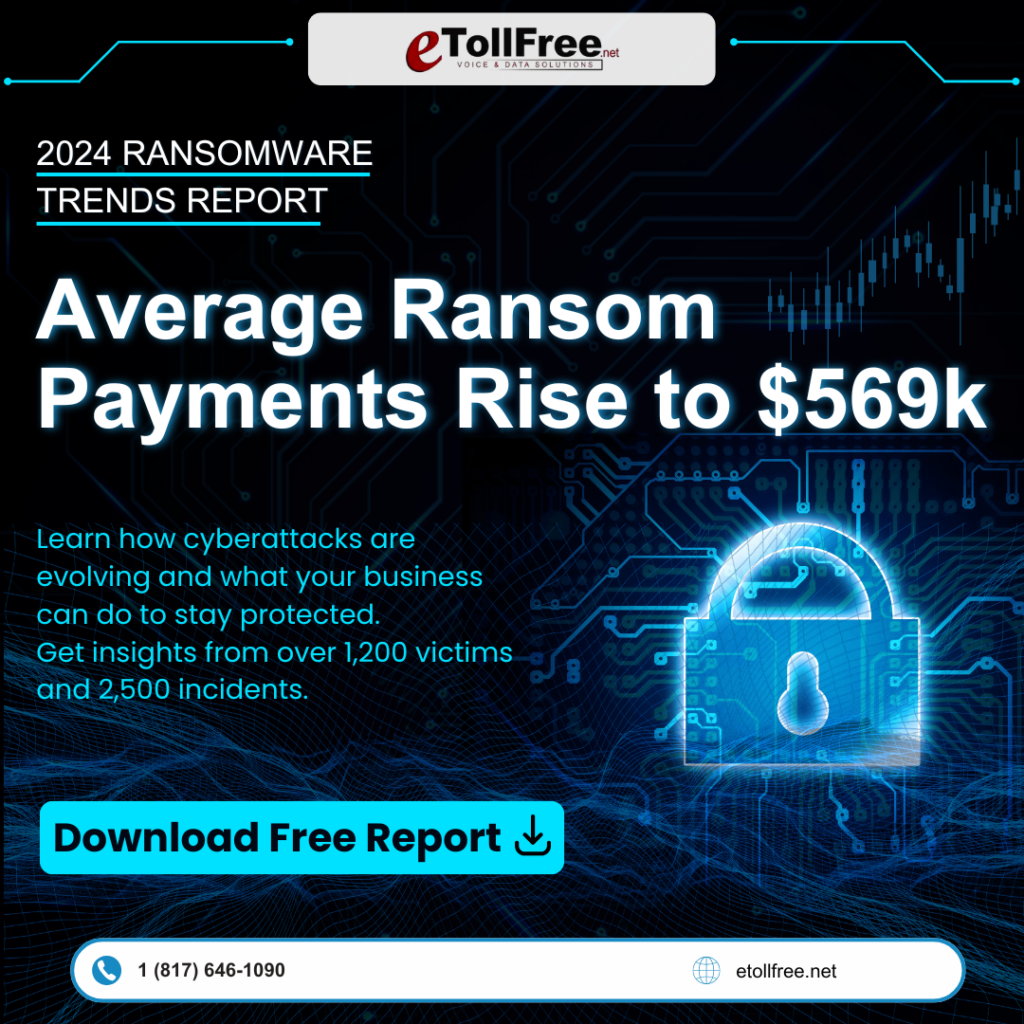The Importance of Cybersecurity for Small Business Owners: Just a Moment of Your Time Can Make a Difference
Cybersecurity is undeniably an essential aspect of business operations, particularly for small business owners who may not possess the vast resources or expertise of larger corporations. This article emphasizes the main cybersecurity challenges faced by small businesses, the impact of cybersecurity costs on business growth, and strategies for overcoming these challenges. Just a moment spent on understanding and enhancing cybersecurity measures can significantly benefit small business owners.
Understanding the Cybersecurity Barriers for SMBs
Small and medium-sized businesses (SMBs) encounter numerous cybersecurity challenges. According to the Federal Communications, the primary barriers include:
- Limited Resources: Many SMBs operate on tight budgets, which can limit their ability to invest in necessary cybersecurity infrastructure and tools.
- Lack of Expertise: Smaller businesses may not have access to specialized cybersecurity personnel, making it difficult to identify and mitigate threats.
- Awareness and Training: There is often a lack of awareness regarding cybersecurity best practices, leading to vulnerabilities.
- Complex Regulations: Navigating complex data protection regulations can be overwhelming for businesses without dedicated legal teams.
The Impact of Cybersecurity Costs on Business Growth
Investing in cybersecurity may be costly; however, it is a necessary expenditure for protecting company assets and customer data. The article, The Cost of Cybersecurity for Small Businesses by Brittany Watson, highlights that:
- Direct Costs: Implementing cybersecurity measures involves upfront costs that could be substantial for a small business.
- Indirect Costs: Costs related to downtime, reputational damage, and data breaches can have long-term financial implications.
- Opportunity Costs: Allocating funds to cybersecurity means fewer resources for other areas of business development and innovation.
Nevertheless, the advantages, such as avoiding expensive breaches and maintaining trust with clients, often outweigh the initial investment.
Strategies to Overcome Cybersecurity Challenges
To effectively address cybersecurity challenges, SMBs can implement the following strategies:
- Risk Assessment: Regular assessments help identify vulnerabilities and prioritize security efforts accordingly.
- Employee Training: Equip employees with the knowledge to recognize phishing attempts and understand proper data handling practices.
- Outsourcing Solutions: Consider employing third-party security providers to fill expertise gaps and provide comprehensive protection.
- Utilize Technology: Leverage affordable technologies like multi-factor authentication, managed DNS services, and encryption to enhance security.
- Stay Informed: Keep up-to-date with the latest cybersecurity trends and regulations to ensure compliance and adapt to emerging threats.
For more detailed strategies, visit TechNewsWorld’s article on SMB Cybersecurity.
Resources
For those interested in further reading and resources, consider exploring the following links:
- Cybersecurity for Small Businesses | Federal Communications
- The Cost of Cybersecurity for Small Businesses | Teal – tealtech.com
- SMBs Face Costly, Complex Barriers to Cybersecurity
Understanding the barriers and costs associated with cybersecurity, along with implementing effective strategies, can significantly bolster a small business’s defense against digital threats. Therefore, taking proactive steps today ensures business growth and sustainability tomorrow. With just a moment dedicated to boosting cybersecurity, small business owners can safeguard their enterprises from potential threats.










